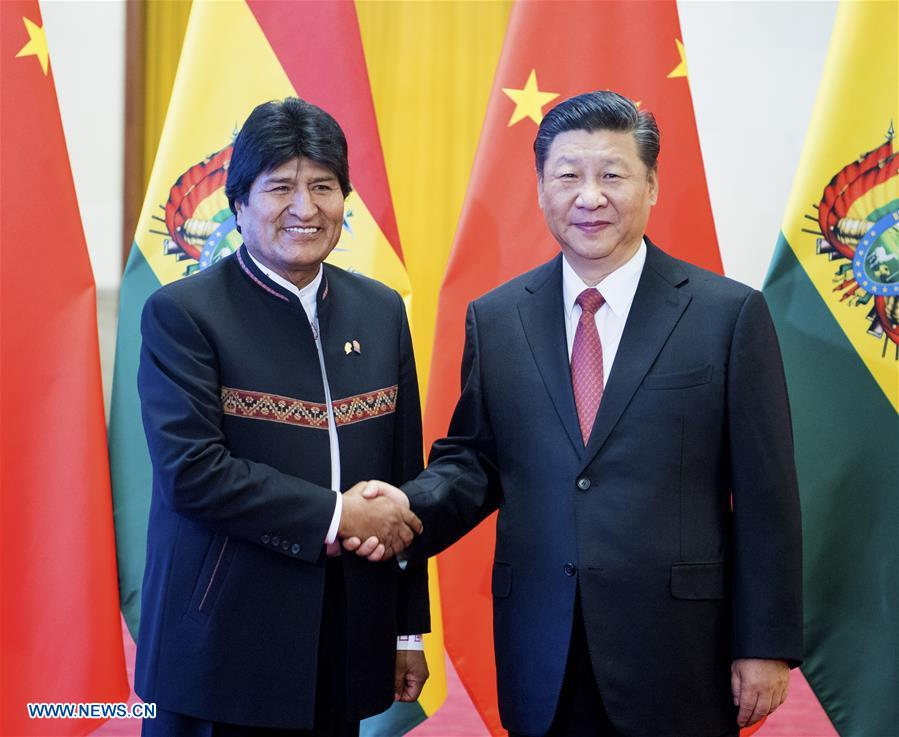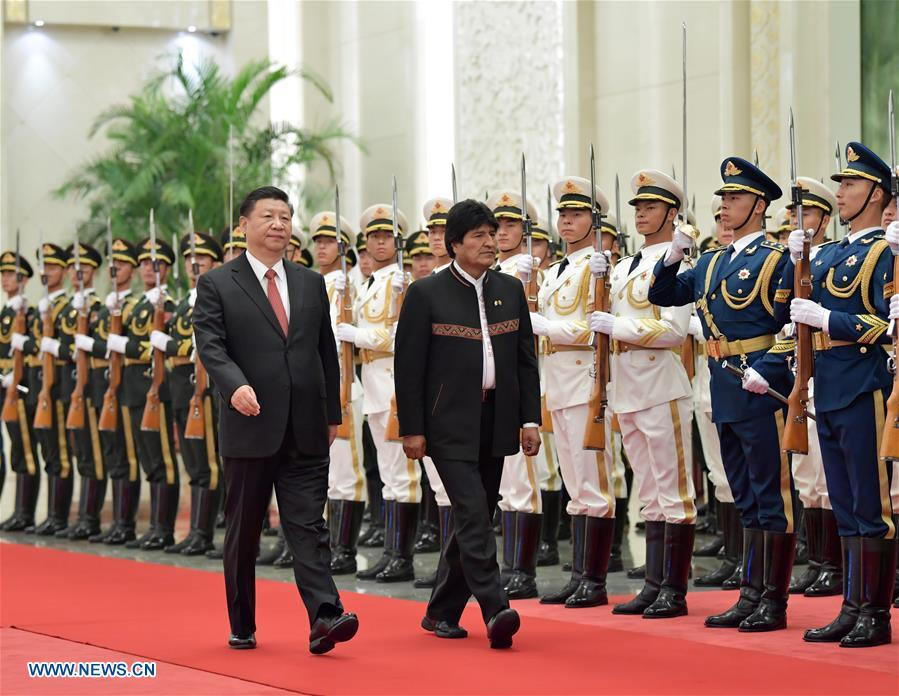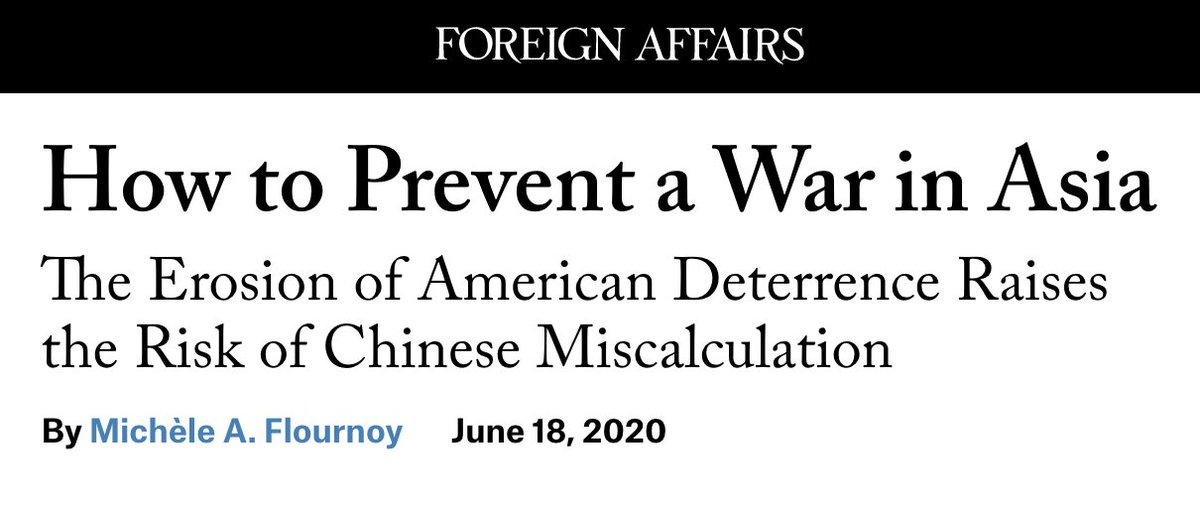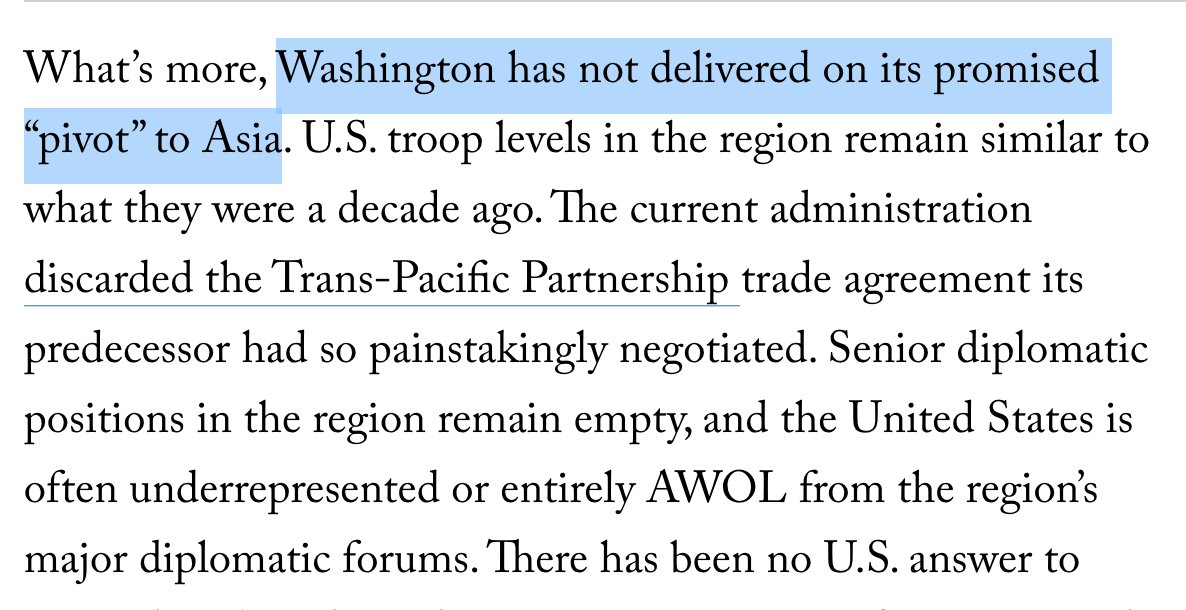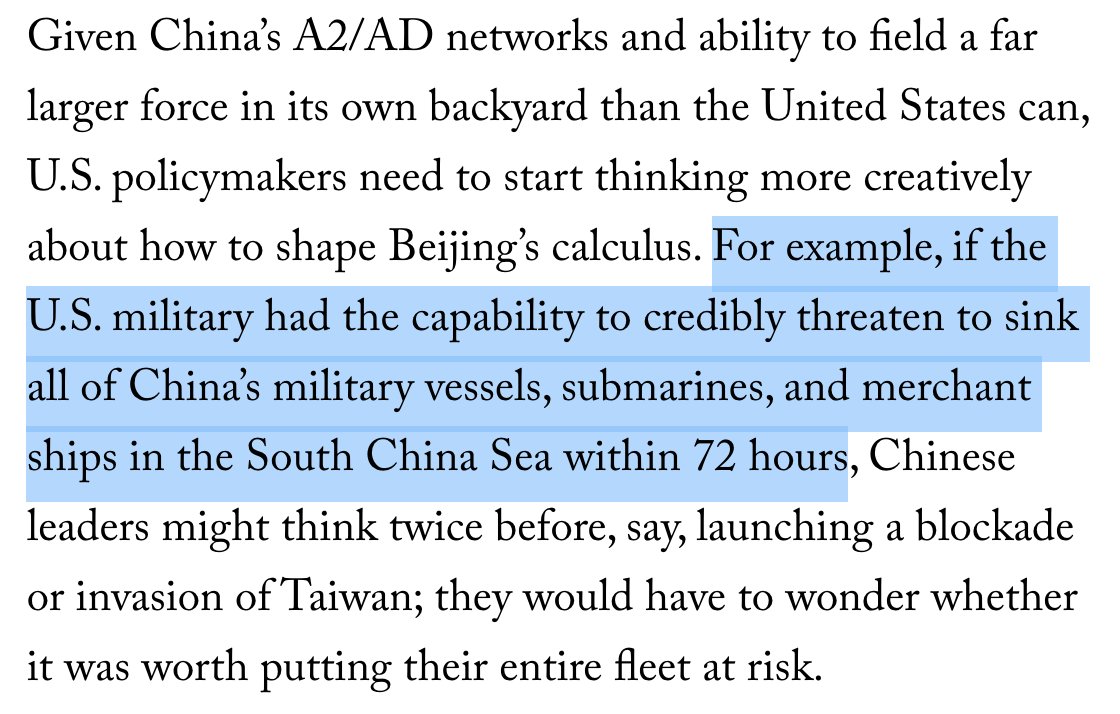
160 years ago on Oct 18, 1860, English and French soldiers destroyed 圆明园 (the Old Summer Palace). The act capped the Second Opium War and was designed to humiliate the Qing.
The war was fought by Western forces to violate China's sovereignty for the profit of imperialists.

The war was fought by Western forces to violate China's sovereignty for the profit of imperialists.

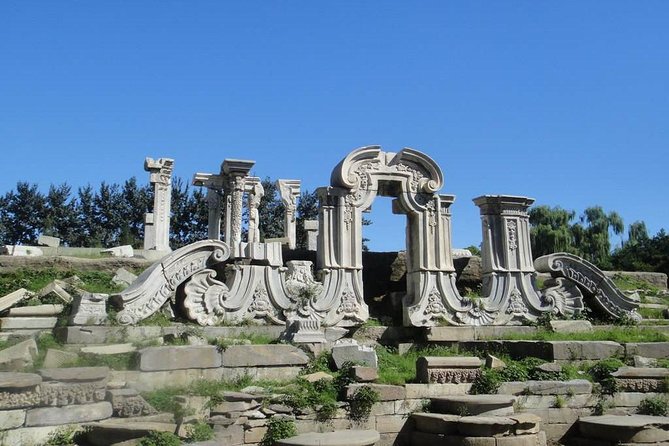
The Second Opium War was fought by British, French, and US troops to force China to end restrictions on opium imports, respect extraterritorial rights in the foreign concession zones, and "open" China's market to Western corporations.
Rates of opium sale and addiction exploded.
Rates of opium sale and addiction exploded.
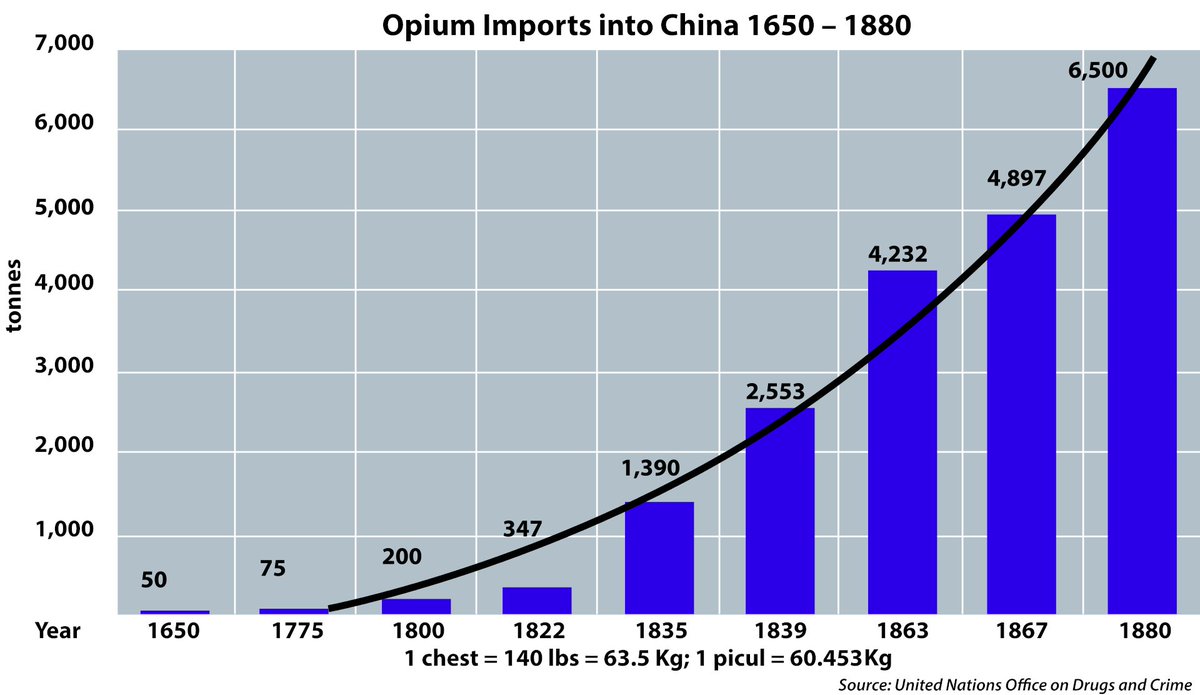
Opium dependency remained a bitter symbol of feudalism and imperialism for many decades.
After the communist revolution, China under Mao Zedong led system reforms to rehabilitate 10 million opium addicts, replace poppy growers with new crops, and crack down on drug traders.
After the communist revolution, China under Mao Zedong led system reforms to rehabilitate 10 million opium addicts, replace poppy growers with new crops, and crack down on drug traders.
The Opium Wars have new relevance amidst resurgent US aggression on China.
When the US demanded market access and mandatory purchases of U.S. exports during negotiations of the US-China "trade war," Chinese netizens likened the demands to the unequal treaties of 1840
When the US demanded market access and mandatory purchases of U.S. exports during negotiations of the US-China "trade war," Chinese netizens likened the demands to the unequal treaties of 1840

China's experience of Western imperialism deeply shapes modern PRC commitments to internationalism.
Xi Jinping has promised that China will "never seek hegemony" or spheres of influence, and at a recent UN assembly declared China has no interest in fighting a New Cold War.
Xi Jinping has promised that China will "never seek hegemony" or spheres of influence, and at a recent UN assembly declared China has no interest in fighting a New Cold War.
• • •
Missing some Tweet in this thread? You can try to
force a refresh

